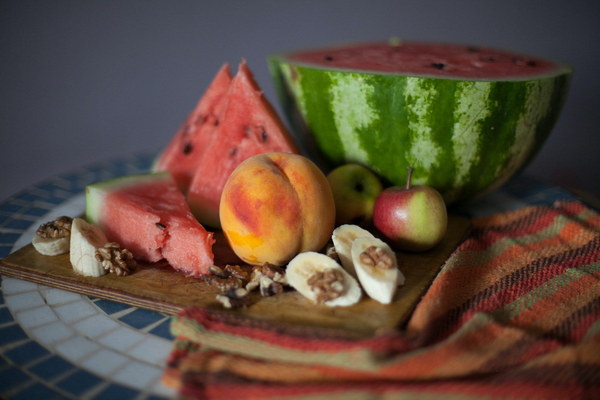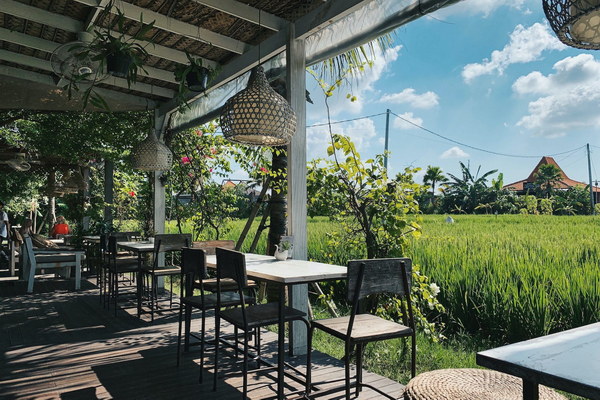Revitalize Your Body A Comprehensive Guide to TCM's Internal Regulation for Boosting Qi, Blood, and Eliminating Dampness
In the realm of Traditional Chinese Medicine (TCM), the concept of internal regulation is pivotal for maintaining a balanced and healthy body. One of the key principles in TCM is the balance of Qi (vital energy), Blood, and the elimination of Dampness. In this article, we will delve into the significance of these elements and provide you with practical strategies to enhance your body's natural ability to regulate these vital aspects.
Understanding Qi, Blood, and Dampness
Qi is the fundamental life force that animates and sustains the body. It flows through meridians, or pathways, in the body and is essential for maintaining physical and mental health. Blood, on the other hand, is the substance that nourishes and protects the tissues, organs, and cells, ensuring their proper function. Dampness, a pathogenic factor in TCM, can disrupt the balance of Qi and Blood, leading to a range of health issues.
Signs of Qi, Blood Deficiency and Dampness
Identifying the signs of Qi, Blood deficiency, and Dampness is crucial for effective internal regulation. Common symptoms include fatigue, weakness, pale or dry skin, dizziness, palpitations, irregular menstruation, and body aches. If you experience any of these symptoms, it may be an indication that your body is in need of internal regulation.
Practical Strategies for Internal Regulation
1. Dietary Adjustments
- Incorporate foods rich in iron, such as red meat, dark leafy greens, and beans, to boost Blood.
- Consume foods that invigorate Qi, like ginseng, cod, and millet.
- Avoid dampening foods such as dairy, cold drinks, and excessive sugar, as these can exacerbate Dampness.
- Include warming spices like ginger, cinnamon, and turmeric in your diet to improve circulation and combat Dampness.
2. Herbal Remedies
- TCM herbs such as Astragalus, Codonopsis, and Ginseng can help boost Qi.
- Angelica and Chuanxiong are commonly used to invigorate Blood.
- Herbs like Atractylodes, Poria, and Alisma can aid in the elimination of Dampness.

3. Acupuncture and Moxibustion
- Acupuncture, a therapeutic technique that involves inserting fine needles into specific points on the body, can help balance Qi, Blood, and eliminate Dampness.
- Moxibustion, the application of heat to specific points on the body, can also improve circulation and expel Dampness.
4. Physical Activity
- Regular exercise, such as Tai Chi, Qigong, or yoga, can enhance Qi flow and improve overall well-being.
- Gentle stretching and warm-up exercises can help eliminate Dampness by promoting blood circulation.
5. Mental and Emotional Balance
- Stress and emotional disturbances can disrupt the balance of Qi, Blood, and Dampness. Practices such as meditation, deep breathing exercises, and mindfulness can help maintain mental and emotional balance.
6. Lifestyle Modifications
- Ensure you get enough restful sleep to allow your body to regenerate and balance Qi, Blood, and Dampness.
- Limit exposure to damp environments and wear appropriate clothing to protect yourself from Dampness.
Conclusion
In conclusion, internal regulation in TCM is a comprehensive approach to balancing Qi, Blood, and eliminating Dampness for optimal health. By implementing the strategies outlined in this article, you can enhance your body's natural ability to maintain a balanced state and improve your overall well-being. Remember, seeking guidance from a qualified TCM practitioner is essential to tailor these strategies to your individual needs.









